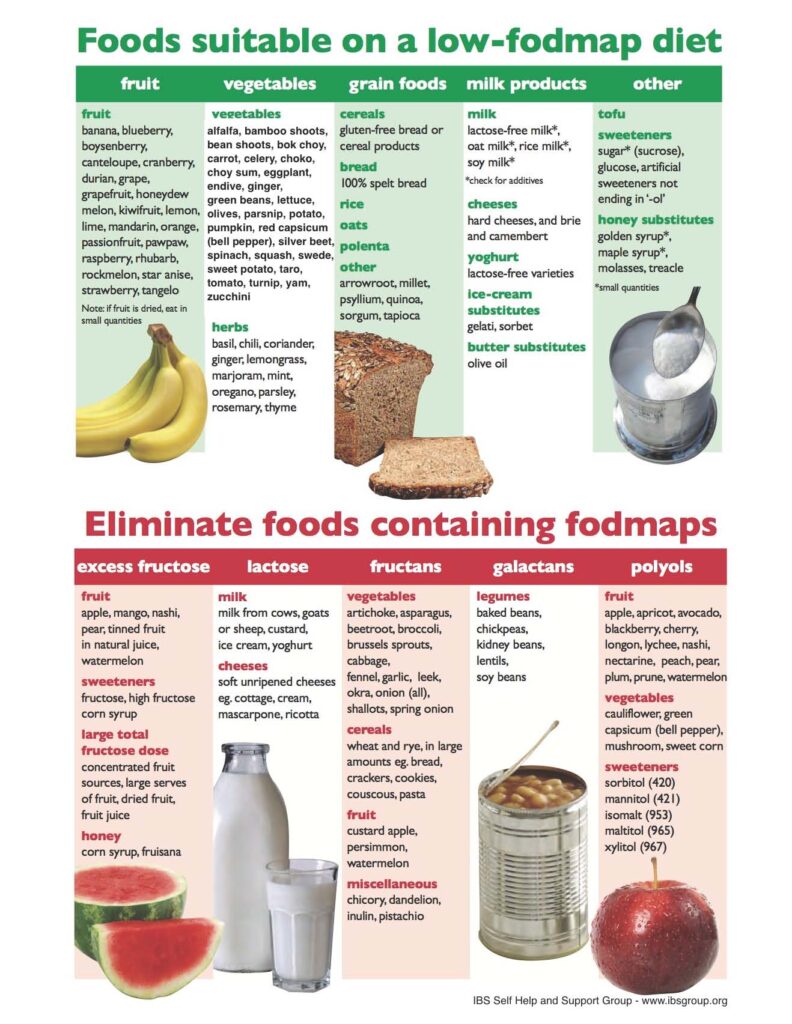Low FODMAP Diets & IBS: Do They Work?
If you’ve been dealing with IBS, you’ve likely heard about the “FODMAP diet,” but what exactly is it—and does it really help? Diets often play a major role in managing gastrointestinal conditions such as GERD, Crohn’s Disease, Diverticulitis, and IBS/IBD. The FODMAP diet is no exception.
What is a low FODMAP diet?
FODMAP stands for Fermentable Oligo-, Di-, Monosaccharides And Polyols—different types of sugars and fibers that can ferment in the gut, producing symptoms like bloating, gas, and abdominal pain. Foods commonly limited on a low FODMAP diet include certain fruits and vegetables, wheat, garlic, onions, and sugar substitutes.
Does it work?
A landmark study conducted by the University of Michigan Hospital, with gastroenterologist Dr. William Chey and dietitian Lauren Van Dam, followed 90 IBS patients for six weeks. Half of the participants followed a prescribed low FODMAP diet, while the other half were in a control group reducing large meals and known irritants like caffeine and alcohol.
“More than 50% of the patients on the low FODMAP diet had major improvement of their abdominal pain, compared with 20% of the control group.”
– Fox 2 Detroit
Is a low FODMAP diet right for you?
The low FODMAP diet can be an effective tool for managing IBS symptoms—but it’s not one-size-fits-all. Working with a gastroenterologist and a registered dietitian can help you determine whether it’s right for your digestive health and ensure you’re getting proper nutrition.
Click here for a deeper dive into low FODMAP diets.
📞 Schedule a consultation today with one of our gastroenterologists gastroenterologists in New Jersey to see if a low FODMAP diet could help manage your IBS: 888-452-0022


